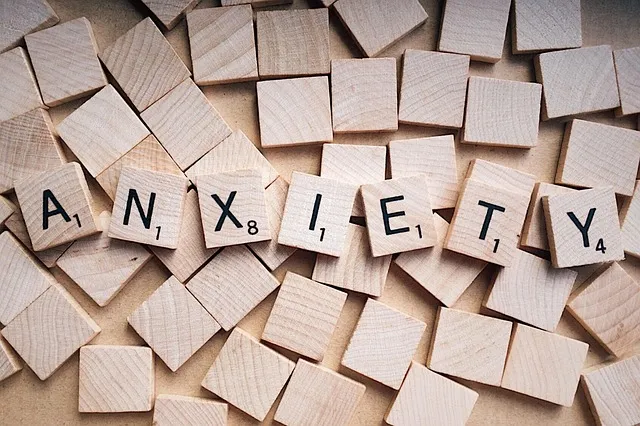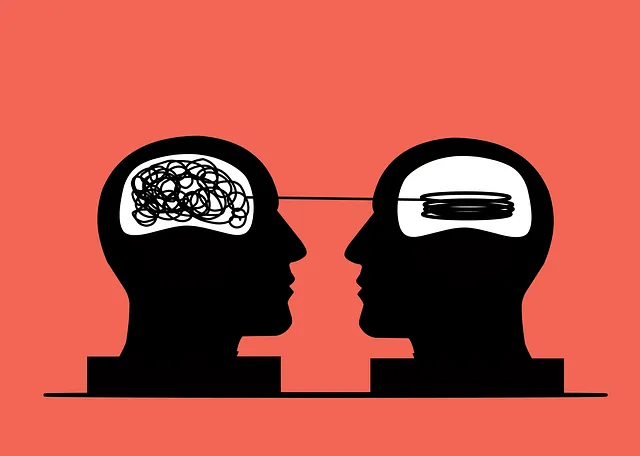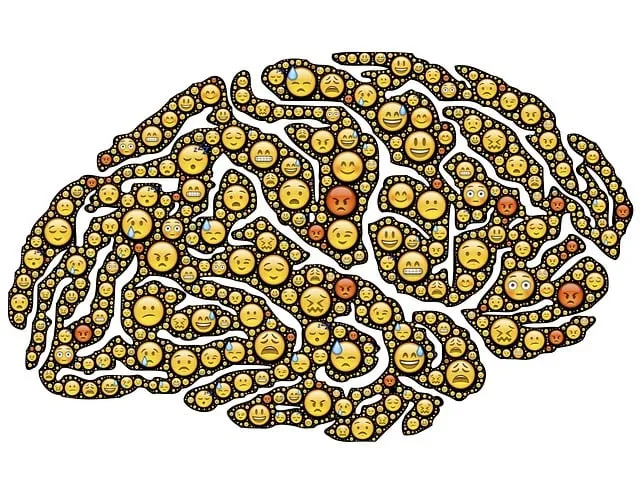The Longmont Kaiser Permanente Mental Health Center prioritizes cultural competency as a core principle for delivering quality care in a diverse community. They provide comprehensive training to healthcare providers, focusing on understanding and respecting varied cultural backgrounds, beliefs, and values. Through initiatives like Mental Wellness Journaling Exercises and Self-Awareness Exercises, the center ensures every patient feels seen, heard, and valued, regardless of their ethnic, racial, or socioeconomic background. Innovative training approaches, including immersive experiences and peer support groups, enhance cultural competency among professionals, enabling them to offer personalized, culturally sensitive care. Success is measured through assessments like pre- and post-training surveys, focus groups, and long-term follow-ups, tracking improvements in patient outcomes and staff emotional intelligence.
Cultural competency training is vital for healthcare providers, especially at facilities like Longmont Kaiser Permanente Mental Health Center, where diverse patient populations require tailored care. This article explores the significance of cultural competency in mental health services, focusing on Longmont Kaiser’s efforts. We’ll delve into strategies for identifying and overcoming communication barriers, effective training methods, and best practices. Additionally, we’ll discuss measuring the success of cultural competency programs to ensure improved patient outcomes at this leading mental health center.
- Understanding Cultural Competency in Healthcare: Why It Matters at Longmont Kaiser Permanente Mental Health Center
- Identifying and Overcoming Barriers to Effective Communication
- Training Approaches and Best Practices for Mental Health Professionals
- Measuring Success: Evaluating the Impact of Cultural Competency Programs
Understanding Cultural Competency in Healthcare: Why It Matters at Longmont Kaiser Permanente Mental Health Center

At Longmont Kaiser Permanente Mental Health Center, cultural competency is more than a buzzword—it’s a cornerstone of quality care. In an increasingly diverse society, understanding and respecting different cultural backgrounds, beliefs, and values are essential to providing effective mental health services. This is especially crucial in a community like Longmont, where patients come from various ethnic, racial, and socioeconomic groups, each bringing their unique experiences and perspectives.
By prioritizing cultural competency training for our healthcare providers, we aim to create an environment that fosters trust and understanding. This involves not just knowledge of different cultures but also the development of social skills that enable effective communication and connection with patients from diverse backgrounds. Our programs include guidance on Mental Wellness Journaling Exercises to help professionals and clients alike explore their own beliefs and experiences, as well as Self-Awareness Exercises to promote empathy and cultural sensitivity. Through these initiatives, Longmont Kaiser Permanente Mental Health Center strives to ensure every patient feels seen, heard, and valued, ultimately enhancing the quality of care we provide.
Identifying and Overcoming Barriers to Effective Communication

Effective communication is a cornerstone of quality healthcare, but barriers can often impede this process. At the Longmont Kaiser Permanente mental health center, professionals face unique challenges due to cultural differences, language barriers, and diverse patient backgrounds. Identifying these obstacles is the first step towards overcoming them. For instance, patients from different cultural or linguistic groups may have distinct ways of expressing pain or describing symptoms, requiring adaptations in assessment techniques.
Training programs, such as those that incorporate Mind Over Matter Principles, can help healthcare providers build confidence boosting skills to navigate these complexities. By learning burnout prevention strategies, staff can maintain resilience and provide more personalized care. Through cultural competency training, the Longmont Kaiser Permanente mental health center aims to bridge communication gaps, ensuring every patient receives compassionate and culturally sensitive treatment tailored to their unique needs.
Training Approaches and Best Practices for Mental Health Professionals

At the Longmont Kaiser Permanente mental health center, innovative training approaches are pivotal to enhancing cultural competency among mental health professionals. These methods go beyond traditional workshops and seminars, incorporating immersive experiences, role-playing scenarios, and peer support groups. Such dynamic techniques enable clinicians to develop nuanced understandings of diverse patient backgrounds, fostering a more inclusive and empathetic care environment.
Focusing on evidence-based practices, the center emphasizes social skills training to improve communication with patients from varied cultural settings. By addressing barriers related to mental health, such as stigma and language differences, professionals gain tools for effective depression prevention and anxiety relief. This holistic approach ensures that every patient receives culturally sensitive care tailored to their unique needs.
Measuring Success: Evaluating the Impact of Cultural Competency Programs

Measuring success is a vital aspect of evaluating the effectiveness of cultural competency training programs, especially at organizations like Longmont Kaiser Permanente mental health center. These programs aim to enhance care delivery by fostering understanding and appreciation for diverse cultures, beliefs, and values among healthcare providers. To gauge their impact, various assessment methods can be employed, such as pre- and post-training surveys, focus groups, and long-term follow-up interviews.
By collecting feedback from participants and tracking improvements in patient outcomes, the Longmont Kaiser Permanente mental health center can ensure that its cultural competency initiatives are making a tangible difference. For instance, increased emotional intelligence among staff, demonstrated through improved empathy building strategies and enhanced inner strength development, can lead to better patient engagement, higher satisfaction rates, and more culturally sensitive care.
Cultural competency training is a game-changer in healthcare, especially at institutions like Longmont Kaiser Permanente Mental Health Center. By addressing communication barriers and adopting best practices, mental health professionals can significantly enhance patient care and outcomes. Measuring the impact of these programs is crucial to ensure continuous improvement and adaptation to the diverse needs of the community served by Longmont Kaiser Permanente. Investing in cultural competency training is not just a step towards equality; it’s a key strategy for fostering an inclusive environment where every patient receives personalized, respectful, and effective treatment.




